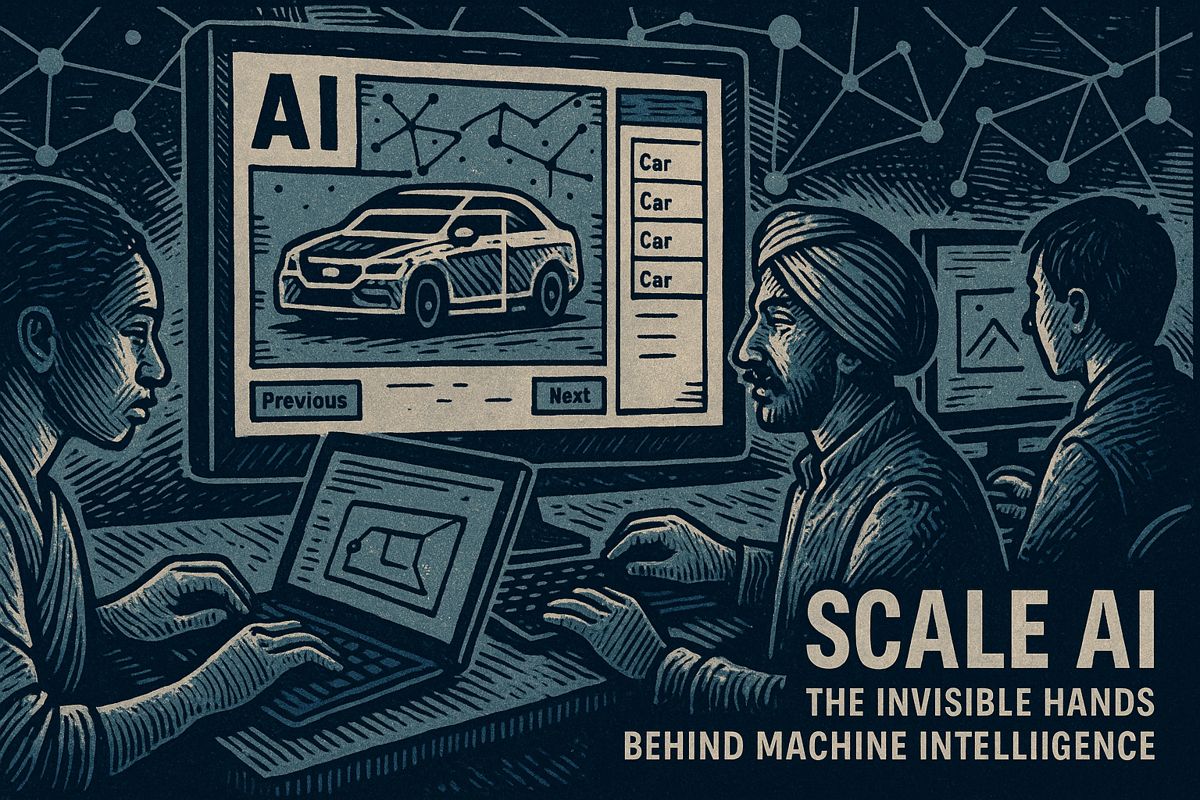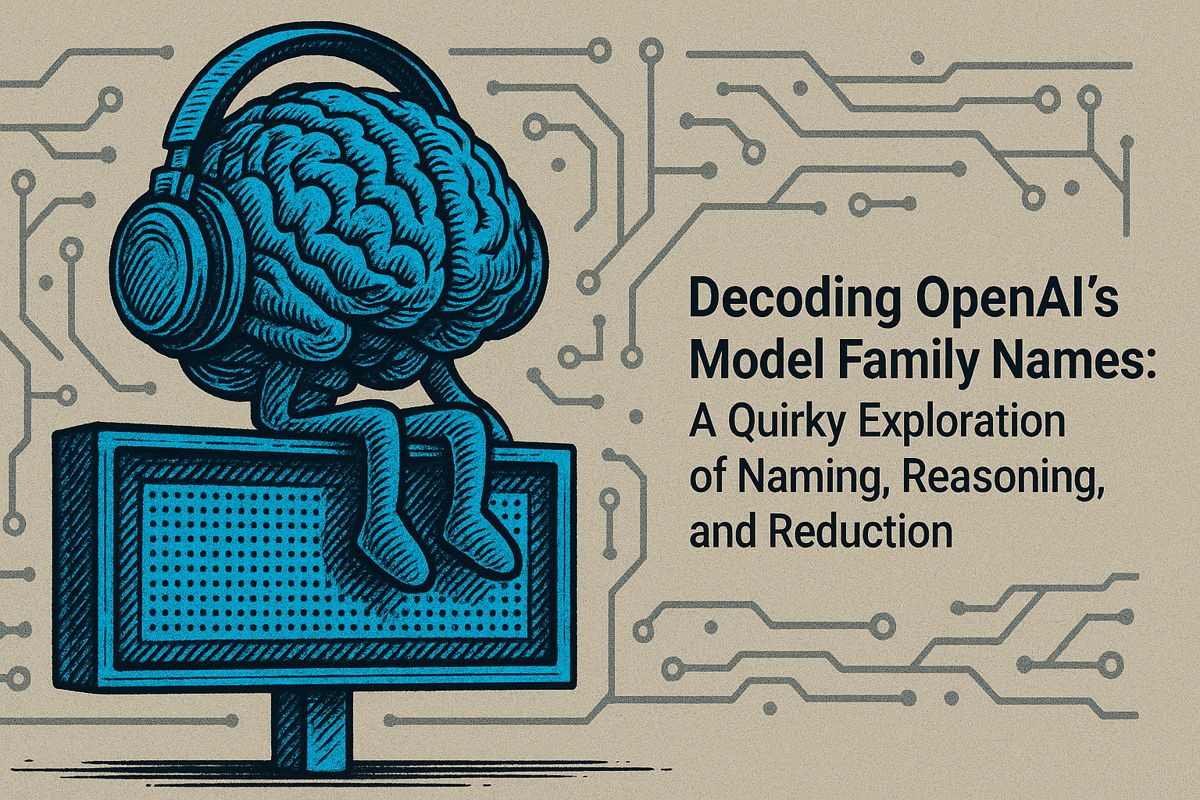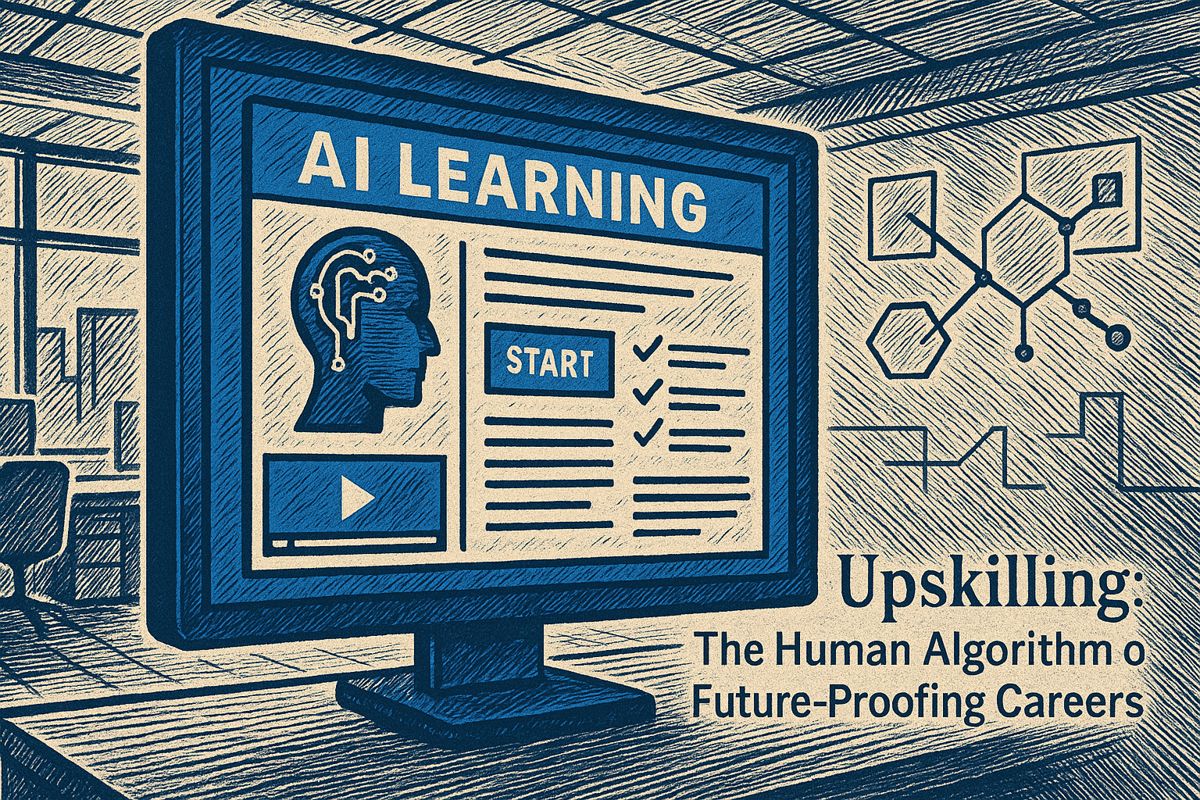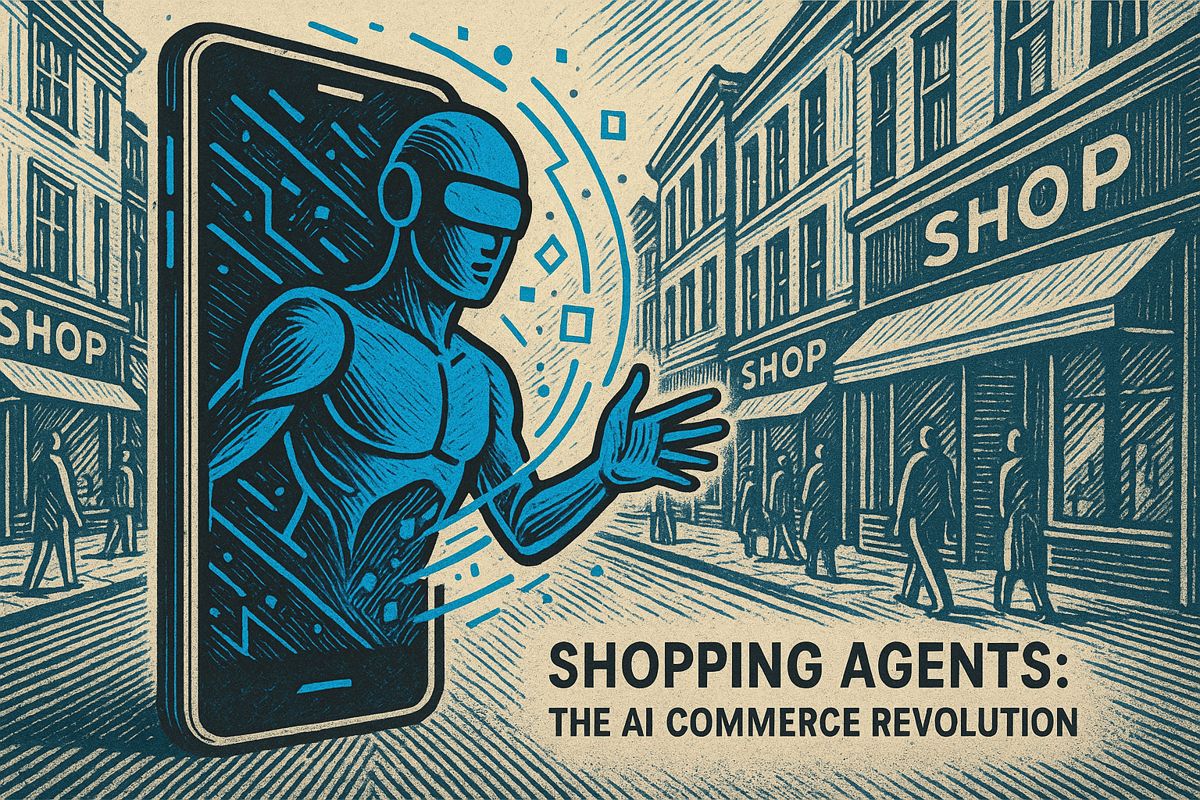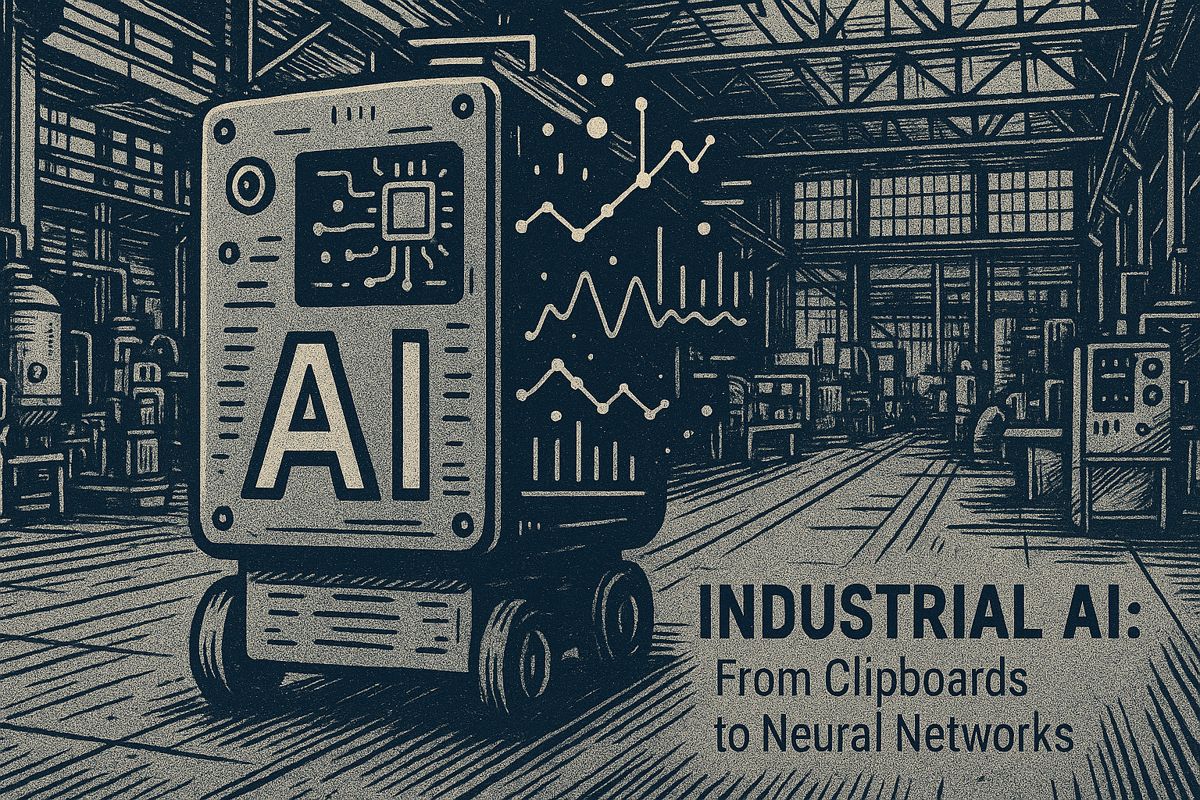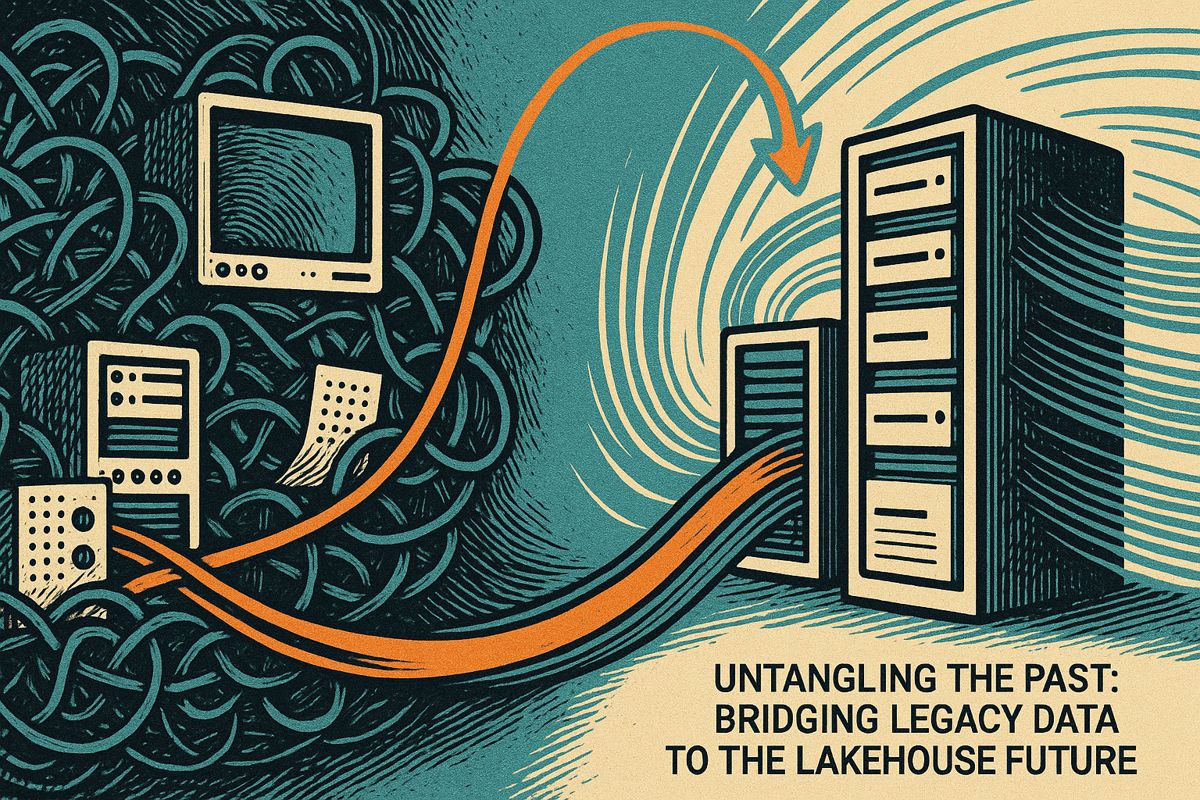Here’s the text with the most important phrase in bold markdown:
Scale AI transformed from a tiny data labeling startup to a $30 billion tech giant by solving a critical challenge in artificial intelligence: creating high-quality training data. Founded by Alexandr Wang, the company provides infrastructure that helps major tech companies like Microsoft and OpenAI build, apply, and evaluate AI models. With a massive network of over 240,000 global annotators, Scale AI processes complex data for everything from chatbots to autonomous vehicles. Despite impressive growth and valuation, the company faces ongoing criticism about worker treatment and the hidden human cost of AI development. Their journey represents both technological innovation and the complex ethical challenges of the rapidly evolving AI landscape.
What is Scale AI and How Did It Become a $30 Billion Company?
Scale AI is an artificial intelligence infrastructure company that helps businesses build, apply, and evaluate AI models by providing high-quality data labeling, model training, and evaluation services. Founded in 2016, the company has rapidly grown to serve major tech giants like Microsoft, OpenAI, and Meta by powering critical AI development processes.
Rediscovering the Roots
It’s funny how a stray internet thread can trigger a landslide of memories. Last week, I was idly scrolling through a list of outlandish Y Combinator success stories when Scale AI’s staggering $30 billion valuation leapt out at me. That number – it crackled in my mind like static, sending me spinning back to my own rookie days in tech. I could almost smell the burnt-coffee aroma in that tiny coworking space, hunched over a laptop, wrestling an unholy mess of unlabeled images. Cat or toaster? Label, click. Repeat. (Somewhere, a toaster-shaped cat is still haunting my nightmares.) I remember muttering, “Surely, someone’s going to spin gold out of this Sisyphean labor.” Spoiler: it wasn’t me. My math skills were humdrum, and my parents didn’t exactly moonlight as defense physicists.
But Alexandr Wang? A different beast entirely. His childhood was steeped in the formulas and jargon of high-security U.S. military research. Toss in coding contests and the kind of discipline that turns mere mortals into prodigies, and you get a 25-year-old who, in 2024, became the planet’s youngest self-made billionaire. He holds about 14% of Scale AI, which puts him within a stone’s throw of a $2 billion fortune. There’s a symmetry to his rise that borders on cinematic – but it’s all spreadsheets and relentless logic, not some Silicon Valley fable.
Sometimes, I wonder: would Wang have succeeded if he’d entered YC in, say, 2006? Unlikely. The world wasn’t ready for supercharged data pipelines then – but now, the appetite is ravenous.
Building the Backbone of AI
Scale AI, alongside other titans like Stripe and Coinbase, has carved out a fresh category: infrastructure for artificial intelligence. Forget building yet another chat app. Since launching in 2016 as part of Y Combinator’s Summer batch, Scale AI’s crown jewels have been data labeling, model evaluation, and the not-so-glamorous plumbing that keeps machine learning from falling apart at the seams. Their early $120,000 seed round feels almost quaint, especially compared to the $15 billion Meta recently spent to snag a 49% stake.
If you want specifics, here they are: Scale AI’s products fall into three main buckets. “Build AI” powers data engines tailored to generative models or defense contracts, while “Apply AI” (think: Scale GenAI, Donovan) helps clients weave models into daily workflows, and “Evaluate AI” stress-tests those models for safety and reliability. Want your chatbot to avoid spilling confidential data, or your autonomous car to stop before it hugs a tree? Scale’s systems are the unseen scaffolding beneath those miracles. Their reach is so vast that it’s hard to grasp at first blush. Microsoft, OpenAI, Meta, Toyota, the Pentagon – they all tap these pipelines. The phrase “data refinery” comes to mind: Scale AI doesn’t just process information, it distills it, purifies it, and pumps it directly into the veins of the digital economy.
And, not to be missed: the ecosystem includes Remotasks and Outlier, which coordinate over 240,000 annotators scattered from Nairobi to Manila. That’s not a typo; it’s nearly a quarter million people, the silent machinery behind the curtain. It’s less an invisible hand and more a ghostly assembly line, quietly sculpting the future.
Shadows Beneath the Gloss
There’s a darker layer here, too. While the media’s dazzled by growth curves and eye-watering figures, the human engine powering Scale AI isn’t running on accolades. Contractors from Kenya, Venezuela, and elsewhere report wage disputes, gig-worker misclassification, and the psychic toll of labeling violent or disturbing content. … Scale AI faces lawsuits and bad press over these issues. I’ll admit, when I first read about this, I felt a jolt of guilt – my own fondness for shiny new tech had blinded me to the cost paid by the people “in the loop.” The irony is as thick as London fog: while Silicon Valley scours the horizon for superintelligent AIs, real humans are absorbing the emotional bruises of training them.
If you’re picturing a faceless army, don’t. These are individuals, each with their own story. Some have seen images they’d rather forget; others have fought for wages that sometimes arrived late, or never at all. Scale AI faces lawsuits and bad press over these issues. At times, it feels like the company is trying to paint a mural with a mop.
And has the leadership responded? They’ve promised reforms, but the reality for many workers remains as murky as a fogged window. I can’t help but wonder: will the industry ever find a way to balance speed with basic decency? Or is this just the price of progress, an unsavory side dish that no one wants but everyone ends up eating?
Velocity, Validation, and Vulnerabilities
The numbers boggle the mind: from $120,000 to $30 billion in less than ten years, with revenue projected to double and punch past $2 billion in 2025. It’s a blizzard of growth, almost vertiginous. Stripe and DoorDash may have higher valuations, but they aren’t building the scaffolding of AI itself. Scale AI is, as the Financial Times once put it, the “concrete foundation” beneath generative models. (I’m paraphrasing, but you get the idea.)
Yet behind the champagne and confetti, there’s always the aftertaste. Meta’s $15 billion for a near-half share in Scale wasn’t just an investment. It

